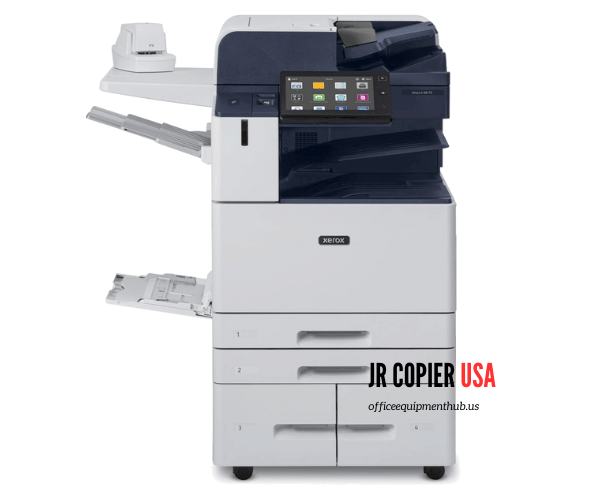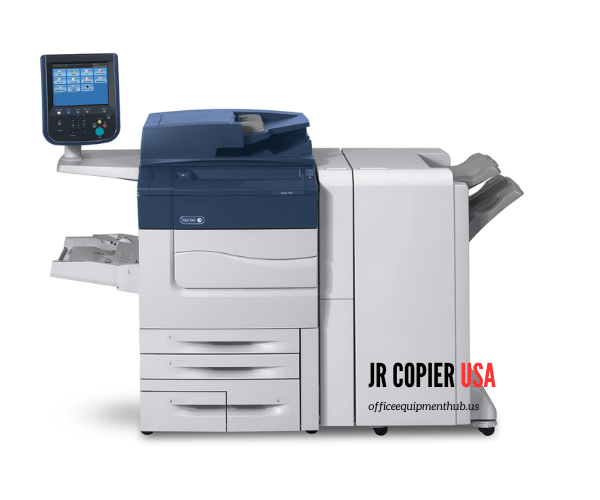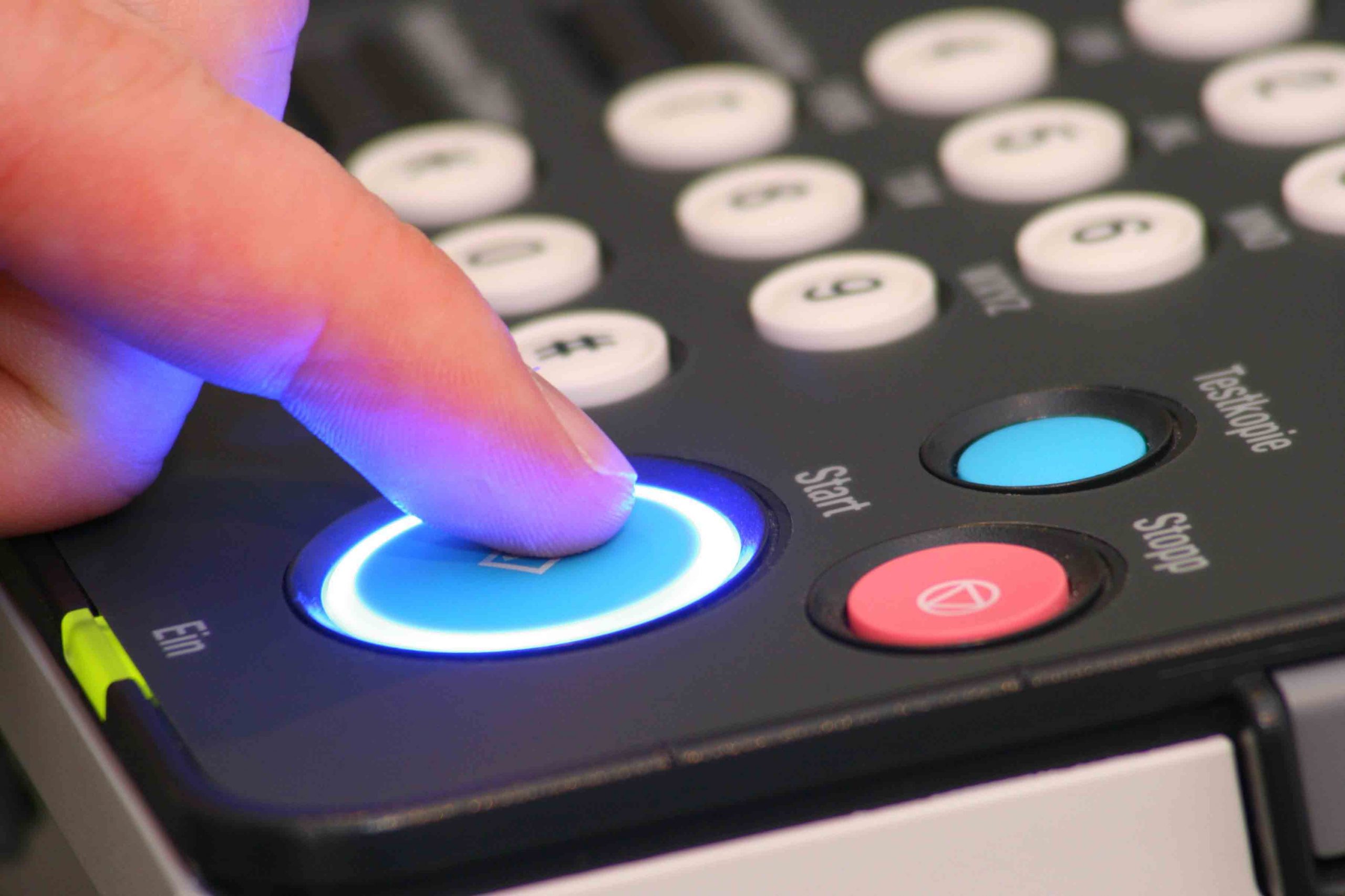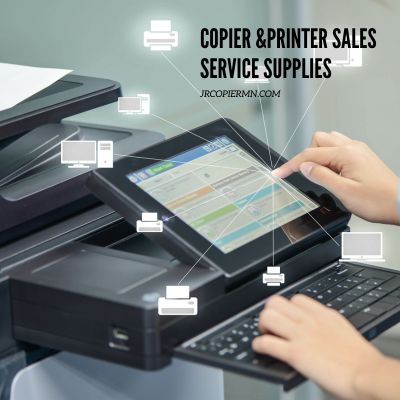Leasing Copiers: Expert Solutions for Office Equipment Challenges
Navigating the world of office equipment can be complex. This article provides comprehensive insights into one particular aspect – copier leasing. We present an expert analysis of the fundamentals, benefits, drawbacks, and selection strategies of copier leasing. Additionally, we delve into troubleshooting common issues and explore future trends. This information is tailored for businesses seeking to optimize their copier leasing experience, and ultimately, enhance their operational efficiency.
Understanding the Basics of Copier Leasing
Before delving into the complexities of copier leasing, it is essential to grasp four fundamental concepts that form the foundation of this process.
The lease term: generally ranging from one to five years, this duration determines the periodic payment amount. Shorter lease terms entail higher monthly payments, while longer terms offer more affordable rates but may lead to paying more in the long run.
Understanding the difference between fair market value (FMV) and $1 buyout leases is crucial. FMV leases offer lower monthly payments but require a lump-sum payment at the end if you wish to purchase the equipment. Conversely, $1 buyout leases entail higher payments but give you ownership of the copier for a nominal fee at the end of the lease term.
Maintenance agreements: these are typically included in your monthly payments and cover routine servicing, parts replacement, and toner.
Consider the end-of-lease terms. It’s vital to understand the return process, residual value, and possible penalties for early termination or default.
Understanding these concepts places you in a stronger position to negotiate a copier lease that suits your business needs.
Pros and Cons of Leasing Office Copiers
Navigating the landscape of office equipment procurement, the decision to lease a copier presents a unique set of advantages and drawbacks that every business must carefully consider.
On the positive side, leasing allows businesses to access the latest technology without the hefty upfront cost of purchase. It provides a predictable monthly expenditure that includes maintenance and upgrade costs. This ease of budgeting, combined with the flexibility to upgrade as technology advances, keeps businesses competitive and adaptable. Additionally, leasing companies often provide comprehensive support services, reducing the need for internal IT resources.
However, the convenience of leasing comes with its own challenges. Over time, the cumulative cost of leasing a MFD printer can exceed that of purchasing, especially for businesses with heavy printing needs. Leased equipment also means less control over the asset, as it remains the property of the leasing company. Businesses may face restrictions on usage, and unexpected fees can arise from contract stipulations.
Tips to Choose the Right Copier Lease for Your Business
After carefully evaluating the pros and cons of leasing copiers, and taking into consideration your specific business needs, it is vital to understand the key factors in choosing the right copier lease for your business.
The first consideration should be the lease term. Short-term leases offer flexibility but may come with higher monthly payments, whereas long-term leases may be more cost-effective but less flexible. Next, assess the copier’s features and functionality in relation to your business operations. Does it have the capacity to meet your printing and copying demands?
Your chosen copier lease should also include comprehensive maintenance and support, ensuring minimal downtime and efficient troubleshooting. Additionally, evaluate the provider’s reputation. Research their track record, customer service, and reliability.
Lastly, consider the total cost of the lease, which includes not only the monthly payments but also any potential fees for exceeding the agreed-upon usage or for early termination of the lease.

Troubleshooting Common Copier Lease Issues
Understanding the resolution of prevalent copier lease issues requires a firm grasp of the intricacies involved in lease agreements and the potential technical challenges that may emerge during the lease term. Such issues often revolve around contractual misunderstandings, unexpected costs, or technical malfunctions.
Addressing these issues begins with clear communication with your leasing provider. A thorough understanding of your lease terms, including the duration, cost structure, and repair coverage, can prevent potential disputes and unexpected expenses. Ensure there is clarity about who is responsible for repairs and maintenance, as this is a common source of confusion.
When it comes to technical issues, most leasing companies offer support services. However, the quality and speed of these services can vary significantly. It’s advisable to establish a direct line of communication with the technical support team to expedite solutions.
Lastly, it is crucial to understand the end-of-lease terms. Many businesses find themselves surprised by buyout prices or auto-renewal clauses. By understanding these terms upfront, you can avoid last-minute surprises and plan for a smooth transition at the end of the lease.
Future Trends in Copier Leasing and Their Impact on Businesses
In light of advancing technology and shifting market dynamics, it is critical to examine the emerging trends in copier leasing and their potential impact on businesses. Two significant trends shaping the industry are the integration of digital technology and the increasing demand for flexible lease terms.
- Integration of Digital Technology:
- Smart Copiers: These devices, equipped with touchscreens and internet connectivity, can provide businesses with improved efficiency and productivity.
- Remote Monitoring: Leasing companies can monitor usage data to predict maintenance needs and minimize downtime.
- Increasing Demand for Flexible Lease Terms:
- Short-term Leases: Businesses are seeking short-term leases to stay abreast of the latest technology.
- Customizable Packages: Companies prefer leases that can be tailored to their specific needs and budget constraints.
These trends highlight the evolving needs of businesses in the digital era. By aligning with these trends, copier leasing companies can provide value-added services that address the unique challenges faced by today’s businesses. The integration of digital technology and the flexibility of lease terms have the potential to transform copier leasing into a dynamic, customer-focused industry.
Frequently Asked Questions
What Are Some Reputable Copier Leasing Companies to Consider?
Reputable copier leasing companies include Xerox, Canon, and Ricoh. These companies offer competitive leasing options, ensuring businesses have access to up-to-date technology while managing equipment costs and maintenance needs effectively.
How Does the Maintenance and Repair Process Work in a Copier Lease Agreement?
In a copier lease agreement, maintenance and repair are usually covered by the leasing company. This includes regular servicing, parts replacement, and troubleshooting, ensuring seamless operation and minimizing downtime in your office.
What Are Some Additional Costs to Be Aware of When Leasing a Copier?
When leasing a copier, additional costs may include overage charges for exceeding monthly print volume, fees for supplies such as toner, and potential charges for service calls outside the maintenance agreement.
Can I Upgrade or Downgrade the Copier During the Lease Term?
Yes, many lease agreements allow for equipment upgrades or downgrades during the lease term. However, changes might affect the monthly payment. Always review the terms of your lease contract to understand these provisions.
How Is Data Security Managed in Leased Copiers?
Data security in leased copiers is effectively managed through built-in security features such as data encryption and overwriting. Regular firmware updates and secure network integration further enhance the security of sensitive information.


